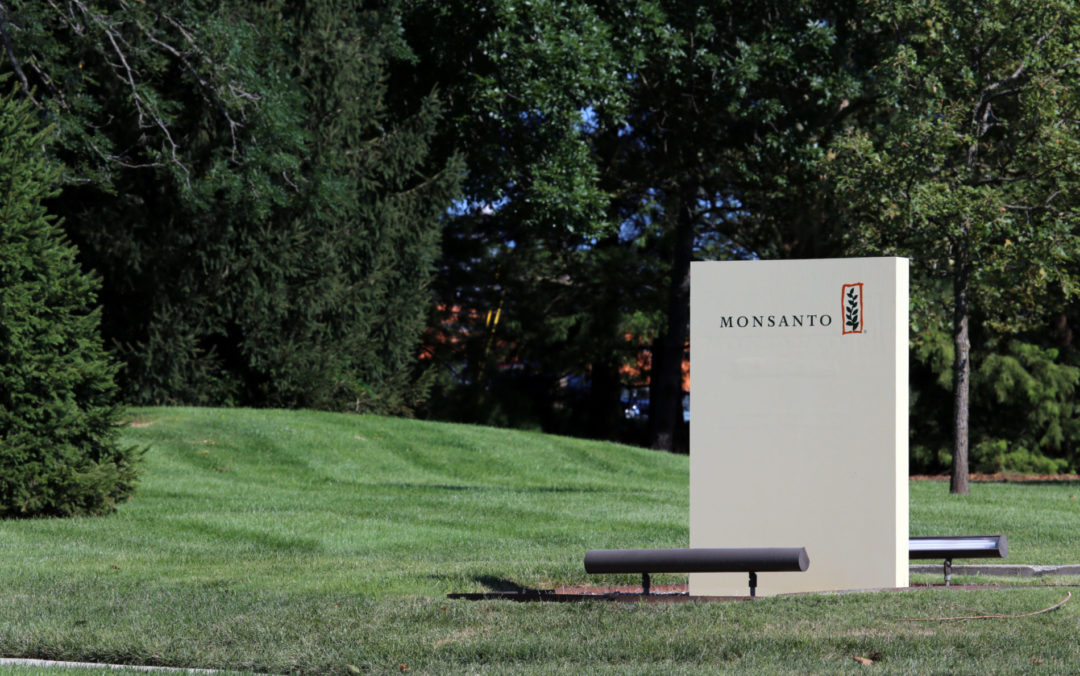Johnson used to work at a groundskeeper, where he routinely used Monsanto's glyphosate-based herbicide Roundup. He alleged that the herbicide caused his non-Hodgkin Lymphoma, and that Monsanto failed to warn him of the risks. The jury found Monsanto, now owned by Bayer, to be guilty of withholding that information, and awarded Johnson $250 million in punitive damages, which Judge Suzanne Bolanos later slashed to $39 million.
Johnson could have demanded a new trial, and his attorney disagreed with the judge’s settlement reduction. Robin McCall, Johnson’s spokeswoman,told the Associated Pressthat he accepted “in hopes of achieving a final resolution within his lifetime.”
Related: Why Dewayne Johnson's Case was Fast-Tracked
The award was slashed because Judge Bolanos felt it greatly exceeded the one-to-one reparations required by the constitution, but as the Associated Press mentioned, punitive damages are designed to be punitive. They are intended to punish those who have purposely and knowingly misbehaved, and to deter others from doing the same.Bayer still holds that “the liability verdict and damage awards are not supported by the evidence at trial or the law,” says NPR, and they still intend to file an appeal with the California Court of Appeal.










